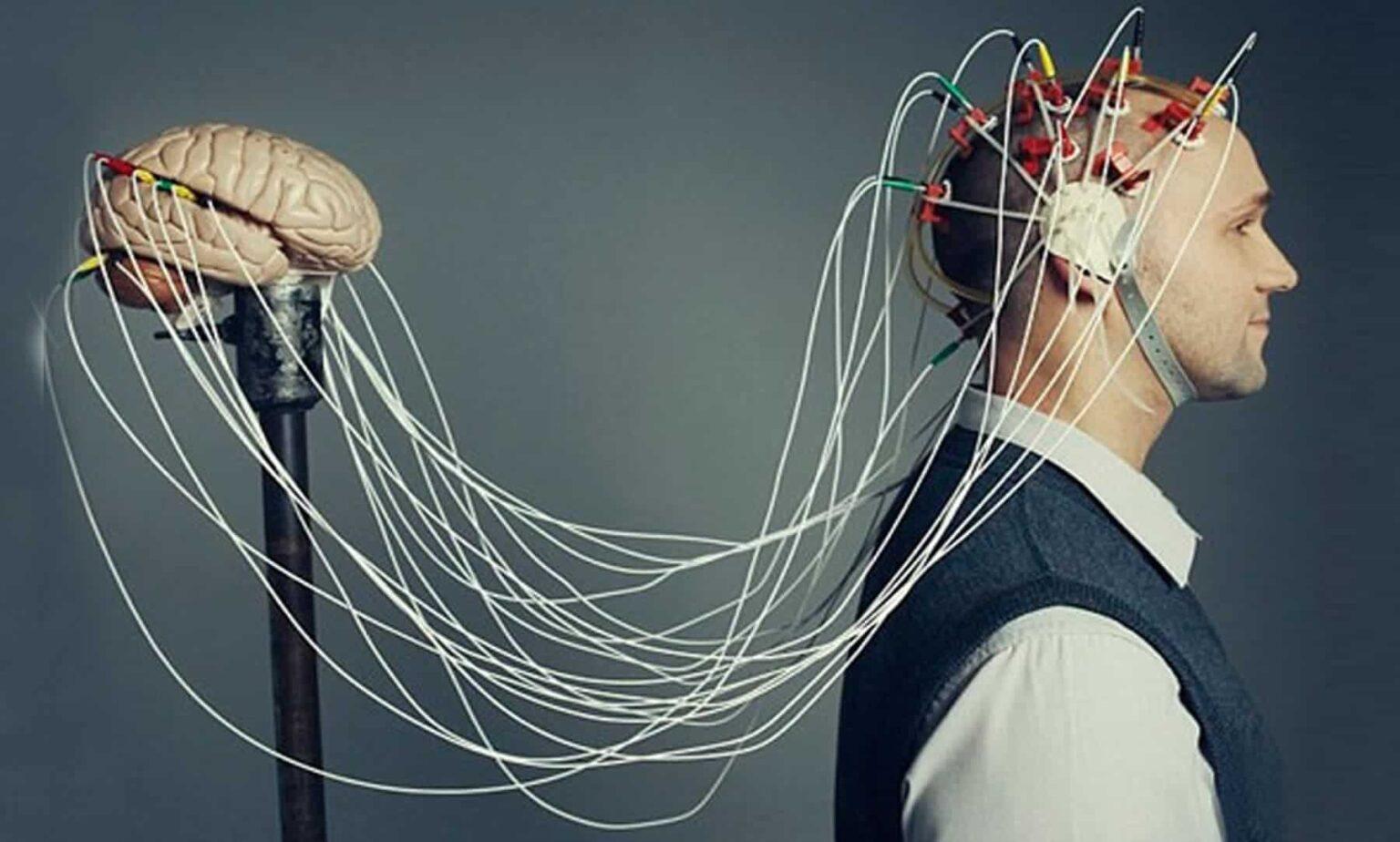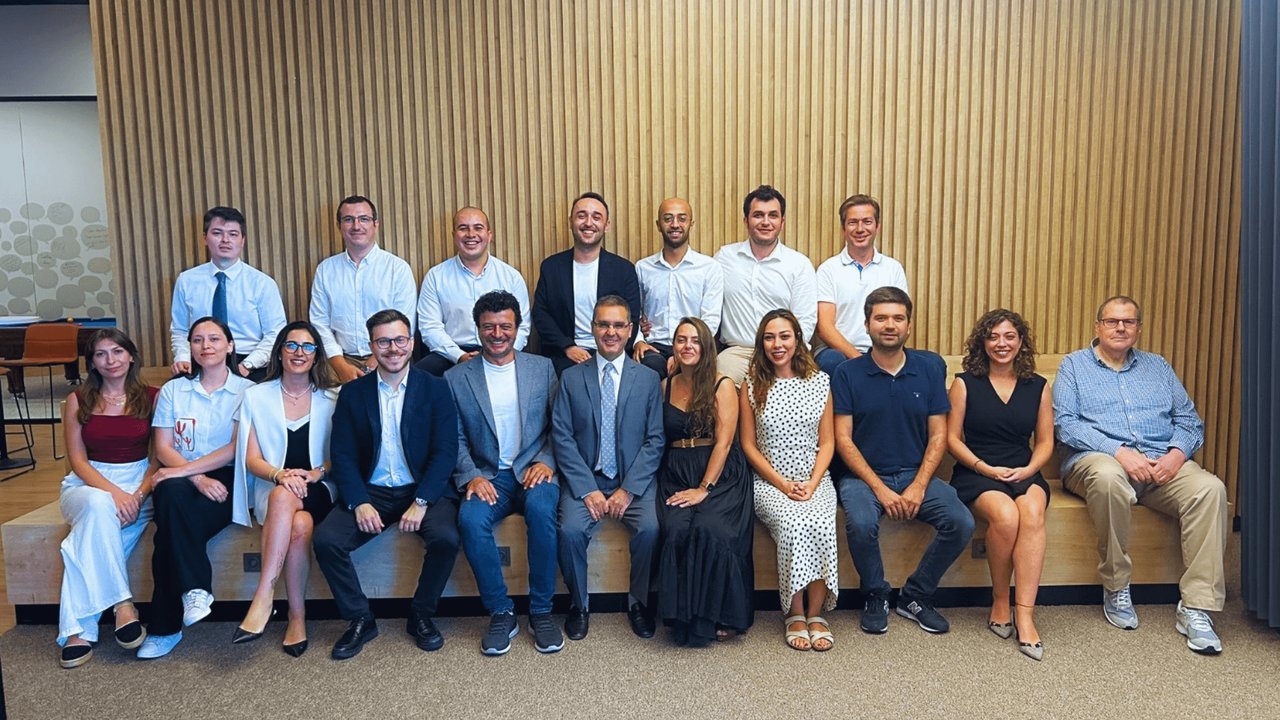Researchers at the University of Texas at Austin have developed an artificial intelligence (AI) system that can interpret and reconstruct human thoughts. The scientists recently published a paper in Nature Neuroscience exploring using AI to non-invasively translate human thoughts into words in real time. According to the researchers, current methods for translating thoughts into words are either invasive. That is, they require surgical implantation. They are also limited in that they can "identify stimuli from only a small set of words or phrases". The team in Austin trained a neural network to simultaneously decode functional magnetic resonance imaging (fMRI) signals from multiple areas of the human brain.
Also See: PwC Plans to Invest $1 Billion in Artificial Intelligence Technology
Mind Reading Artificial Intelligence Study

In conducting this experiment, the researchers had several subjects listen to hours of podcasts while an fMRI machine non-invasively recorded their brain activity. The resulting data was then used to train the system to a specific user's thought patterns. After training, the subjects' brain activity was again monitored while listening to podcasts, watching short movies and silently imagining telling a story. In this part of the experiment, the AI system fed the subjects' fMRI data. It was also reported that it decoded the signals in real time in plain language.
According to a press release from the University of Texas at Austin, AI was able to get things right about 50 percent of the time. However, the results are not conclusive. The researchers designed the AI to convey general ideas about what was being thought about, not exact words. Furthermore, for anyone worried about AI infiltrating their thoughts against their will, the scientists are very clear that this is not a possibility at the moment.
It's a development that allows a person's thoughts to be read in the most non-invasive way. It is also reportedly the first time that this has been achieved. This innovative decoder can reconstruct speech with great accuracy when people are quietly listening to stories or imagining them in their minds. It uses only fMRI scan data. The decoding systems of the past now require surgical implants. The latest development opens up a possibility for how new ways of recovering speech arise in some people. These struggle to communicate due to strokes or other motor neuron conditions. Experts call this a huge advance in terms of non-invasive technology compared to what has been done in the past.





No comments yet for this news, be the first one!...